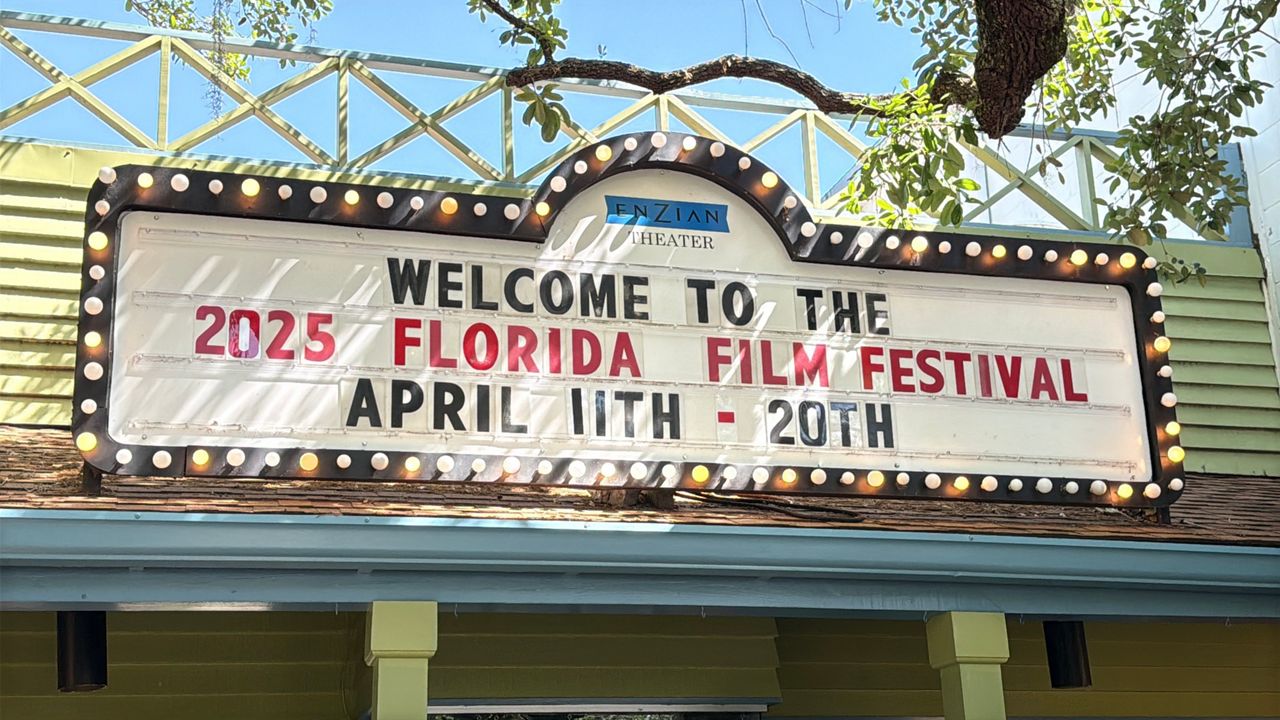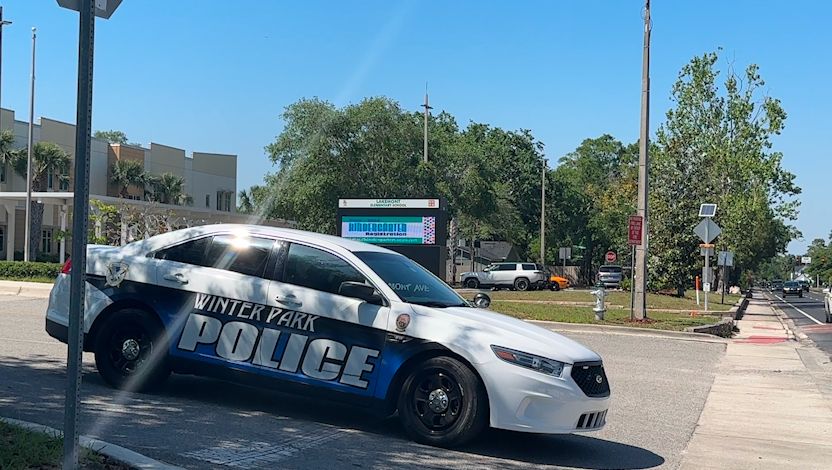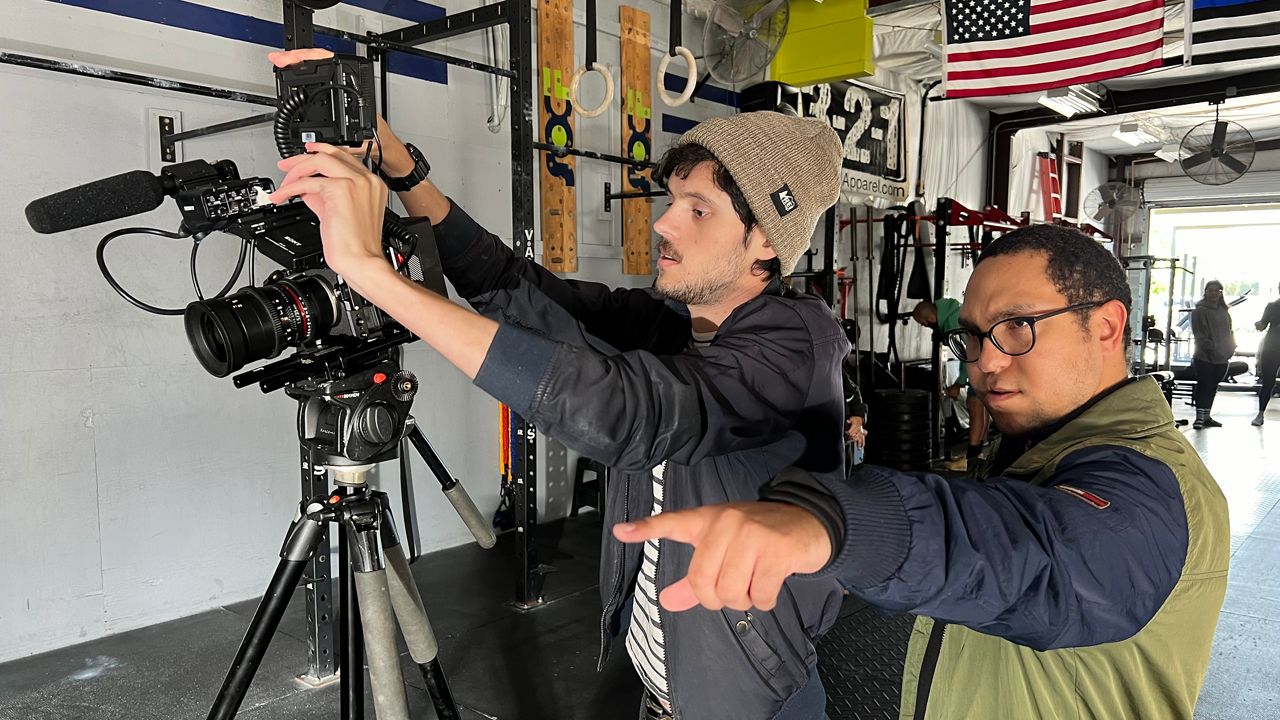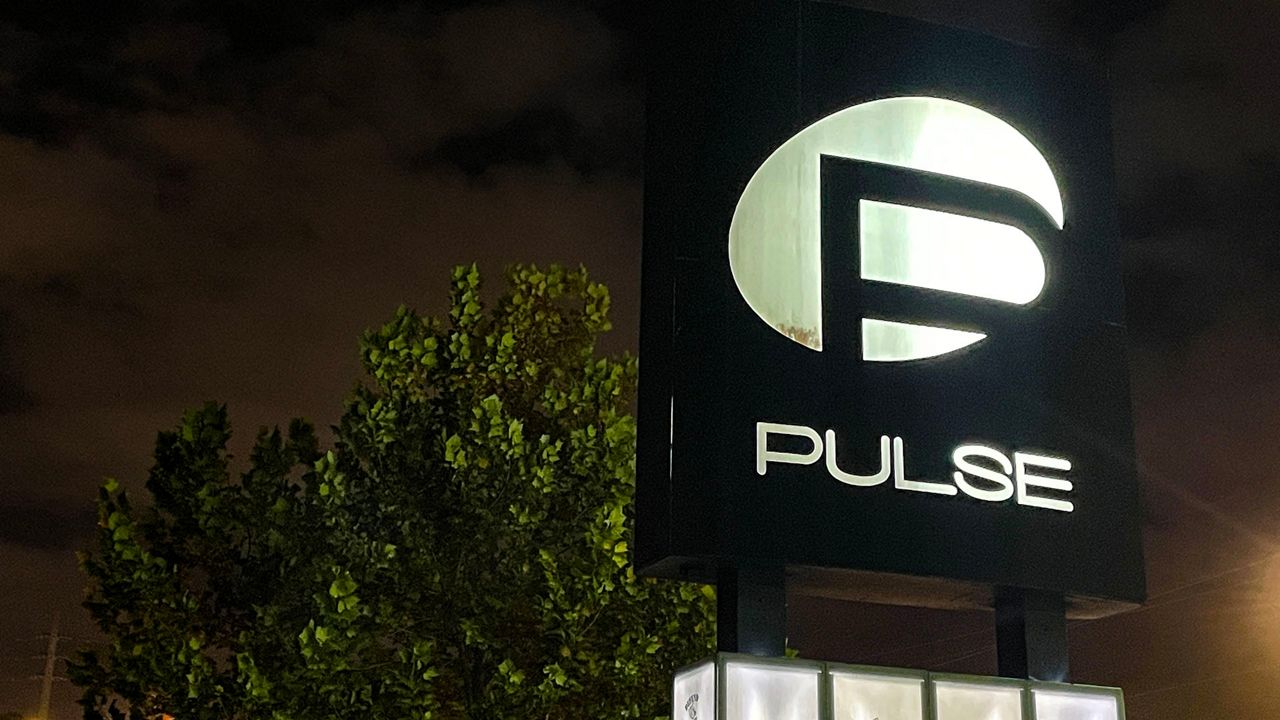ORLANDO, Fla. — The 60s was a rough decade for people like Robert LeWayne Johnson, who grew up in Mississippi.
“The black only signs on the water fountains were the overflow of the water coming from the white,” he said.
Because he lived through the Civil Rights movement, Johnson said he wants to share his experience with those who did not. It’s the same message the chief curator at Orange County Regional History Center has.
The 60’s… A rough decade for people like Robert LeWayne Johnson, who grew up in Mississippi. “The black only signs on the water fountains were the overflow of the water coming from the white,” he said. @MyNews13 #Kissimmee #OsceolaCounty #MLKDay #MLKDay2021 #MartinLutherKingDay pic.twitter.com/oNiAnDPkTx
— Stephanie Bechara (@BecharaReports) January 18, 2021
The latest exhibit is Yesterday This Was Home: The Ocoee Massacre of 1920. Martin Luther King, Jr. is also part of this exhibit. There's a picture of him in Orlando back in 1964.
Pam Schwartz, the chief curator at the Orange County Regional History Center, said King gave a speech at Tinker Field and she said he left a lasting impact, especially to those who heard it.
“It was local leaders, local youth and local people who also lead that charge and made it happen. And again the legacy is that committees were made, laws were changed," Schwartz said. “And lives on through different initiatives locally that are named in Dr. King’s honor.”
The #OrangeCounty Regional History Center’s latest exhibit (Yesterday This Was Home: The Ocoee Massacre of 1920) has Martin Luther King Jr. front & center. See pic of him in Orlando back in 1964. Exhibit will run till March 7th.https://t.co/6y9ko64tOD@MyNews13 #MLKDay #Orlando pic.twitter.com/jF2qHrldJq
— Stephanie Bechara (@BecharaReports) January 18, 2021
Johnson — who served more than 30 years in the military and earned a Bronze Star for his efforts in the first Gulf War — said MLK’s words resonate with him now, more than ever.
“The thought and the dream of Martin Luther King which is equality, which is to address injustice, which is to get us to the mountaintops and to get us over the mountaintop to a better place… And I think one of the ways to do that is just to talk about it,” Johnson said.
The exhibit, Yesterday This Was Home: The Ocoee Massacre of 1920 is open now through February (which is Black History Month) until March 7. Visit the History Center website for more information.









